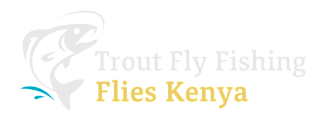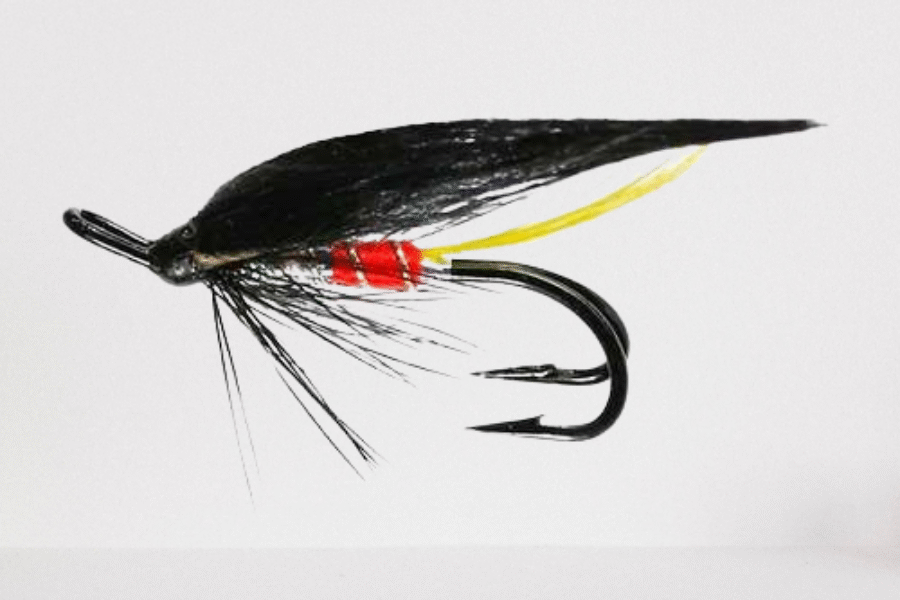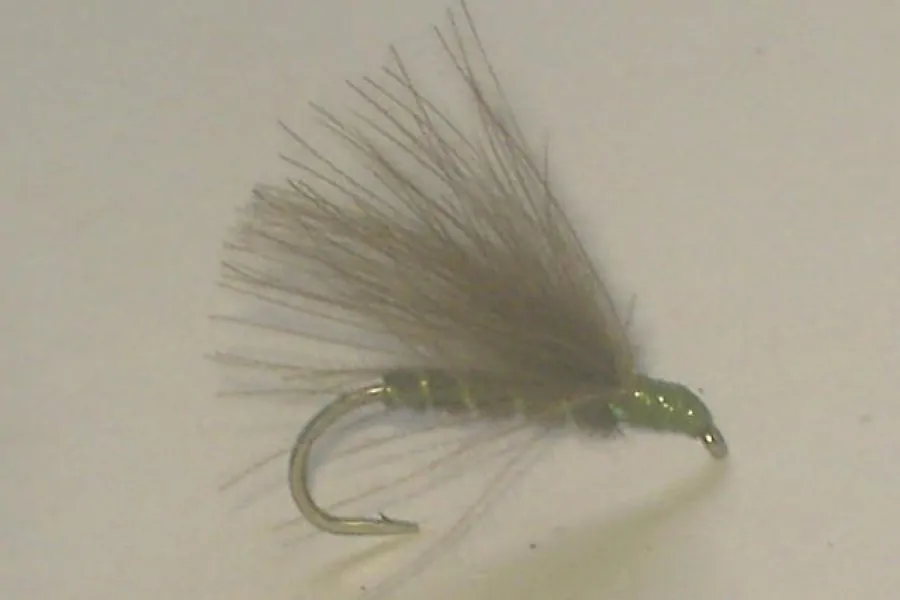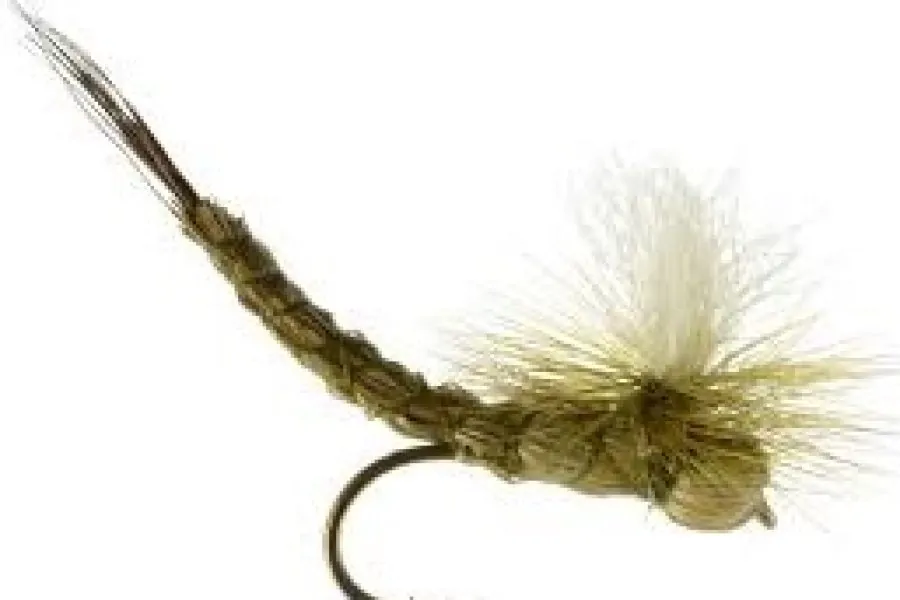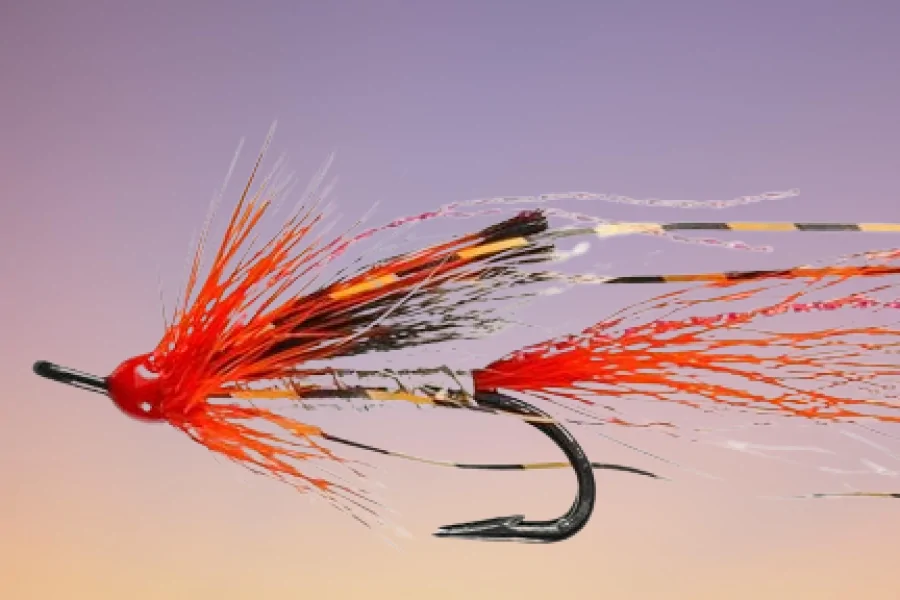Description
The Beadhead Rubber Legs Squirrel Nymph represents an innovative evolution in nymph design, credited to renowned fly fishing expert Dave Whitlock. This versatile pattern incorporates squirrel dubbing, rubber legs, and a weighted beadhead to create a highly effective attractor pattern that imitates various aquatic insects. The pattern has become a standard-bearer in both moving and still water fishing, consistently producing results in demanding situations.
Design Features and Materials Hook Characteristics:
- Premium nymph hook
- Available sizes: 8-16
- Strong wire construction
- Wide gap design
- Chemically sharpened point
- Black nickel finish
- Optimal hook strength
- Enhanced penetration design
- Perfect size-to-weight ratio
- Freshwater durability
Material Components:
- Selected squirrel dubbing
- Brass or tungsten bead
- Premium rubber legs
- Enhanced durability
- Blended materials
- Modern construction
- Color-fast characteristics
- Movement enhancement
- Profile consistency
- Natural appearance
Construction and Tying Process The pattern’s success relies on precise construction methods:
- Balanced proportions
- Strategic bead placement
- Graduated body tapering
- Reinforced connections
- Material integration
- Enhanced durability features
- Proper leg placement
- Body segmentation
- Profile consistency
- Movement optimization
Fishing Applications and Techniques Presentation Methods:
- Dead drift
- Slight twitches
- Multiple angles
- Depth control
- Pattern placement
- Current fishing
- Structure targeting
- Cross-current drifts
- Action variation
- Traditional methods
Specialized Applications:
- Deep runs
- Fast water
- Pocket water
- Clear conditions
- Stained water
- High water periods
- Search pattern
- Active fish
- High-pressure situations
- Technical water
Seasonal Effectiveness Spring Performance:
- Early season success
- Pre-spawn periods
- Mixed techniques
- Weather changes
- Pattern selection
- Temperature increases
- Fish movement
- Feeding windows
- Natural cycles
- Light conditions
Summer Strategy:
- Deep pool fishing
- Morning/evening peaks
- Temperature adaptation
- Feeding patterns
- Oxygen levels
- Light penetration
- Fish behavior
- Water conditions
- Current seams
- Structure targeting
Fall Applications:
- Pre-winter feeding
- Cooling waters
- Changed light conditions
- Transitional periods
- Aggressive takes
- Pattern visibility
- Fish location
- Temperature drops
- Migration patterns
- Feeding windows
Habitat and Water Types Water Applications:
- Freestone rivers
- Tailwaters
- Spring creeks
- Clear water
- Turbid conditions
- Structure areas
- Current seams
- Drop-offs
- Holding water
- Pocket water
Specialized Environments:
- Various waters
- Deep channels
- Boulder pockets
- Complex currents
- Bank edges
- Channel drops
- Different streams
- Undercut banks
- Current breaks
- Fast water
Target Species and Behavior Primary Species:
- Brown Trout
- Rainbow Trout
- Brook Trout
- Cutthroat Trout
- Multiple Species
- Opportunistic Feeders
- Bottom Feeders
- Selective Fish
Behavioral Patterns:
- Bottom feeding
- Selective takes
- Pattern recognition
- Natural behavior
- Opportunistic strikes
- Selective periods
- Strike triggers
- Visual stimulation
- Lateral line response
- Competitive behavior
Rigging Recommendations Leader Setup:
- 7.5-9 foot leaders
- 4X-6X tippet
- Tapered leaders
- Fluorocarbon options
- Loop-to-loop connections
- Proper presentation
- Adequate stiffness
- Knot strength
- Breaking strain
- Abrasion resistance
Presentation Options:
- Single nymph rigs
- Double nymph rigs
- Traditional methods
- Modern techniques
- Line matching
- Leader design
- Tippet selection
- Depth control
- Drift adjustment
- Action variation
Professional Applications Guide Usage:
- Client-friendly pattern
- Proven success rates
- Consistent performance
- Easy presentation
- Multiple techniques
- Teaching tool
- Confidence pattern
- Versatile applications
- Durability
- Hook-up ratio
Competition Usage:
- Tournament proven
- Technical water success
- Pressure adaptation
- Quick-change capability
- Consistent performance
- Depth control
- Pattern rotation
- Size variation
- Color selection
- Presentation options
Care and Maintenance Post-Fishing Care:
- Thorough drying
- Material grooming
- Hook inspection
- Leg maintenance
- Body preservation
- Storage preparation
- Pattern inspection
- Shape verification
- Performance testing
- Movement checking
Storage Requirements:
- Dry environment
- UV protection
- Separate compartments
- Regular inspection
- Moisture prevention
- Temperature control
- Light protection
- Ventilation needs
- Box organization
- Inventory management
Advanced Fishing Methods Presentation Techniques:
- Dead drift variations
- Depth control
- Strike detection
- Drift management
- Current reading
- Structure approach
- Pattern tracking
- Recovery methods
- Angle optimization
- Speed control
Water Reading:
- Current understanding
- Depth assessment
- Structure location
- Fish holding areas
- Presentation angles
- Travel lanes
- Rest areas
- Temperature breaks
- Current seams
- Holding lies
Environmental Considerations Conservation Features:
- Sustainable materials
- Durable construction
- Catch-and-release friendly
- Minimal environmental impact
- Eco-conscious design
- Material selection
- Ethical considerations
- Resource protection
- Species conservation
- Environmental awareness
Material Selection:
- Responsible sourcing
- Quality components
- Mixed elements
- Ethical production
- Sustainable practices
- Environmental impact
- Material longevity
- Waste reduction
- Local materials
- Eco-conscious design
Additional information
| Hook type | Barbed Hooks, Barbless Hooks |
|---|---|
| Hook size | 10, 12, 14, 6, 8 |
